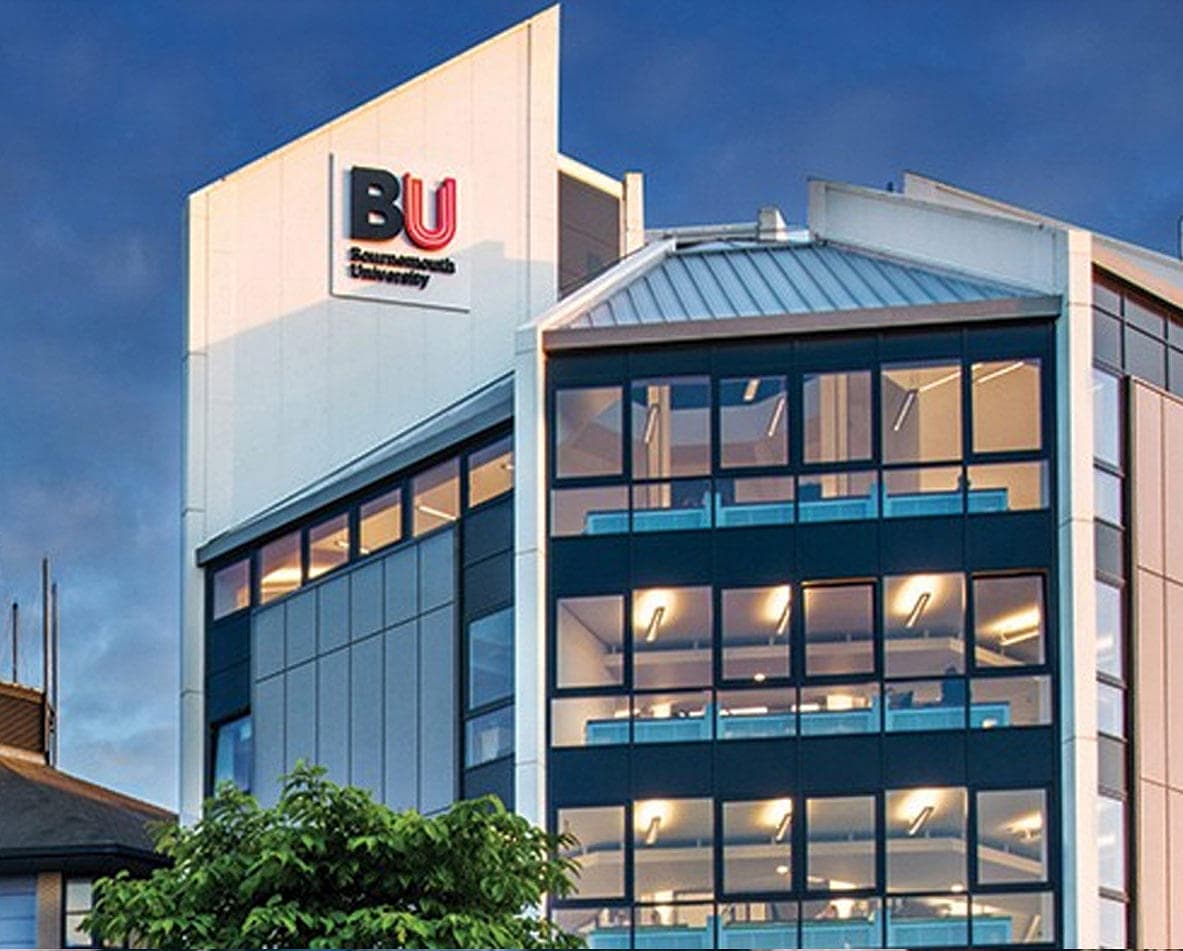Course details
Qualifying and practicing as a Sports Therapist will enable you to provide advice and treatment for the prevention and rehabilitation of injuries. Upon graduation you’ll be able to empower sports men, women and children to achieve optimal potential and performance.
The course is split between theoretical and practical elements, and you’ll learn how to provide advice and treatment to manage the individual needs of a person within their sporting environment. This may involve designing and carrying out injury prevention programmes, providing immediate care of injuries and basic life support in recreational, clinical, training and competitive environments.
There will be opportunities to assess and manage sports injuries by providing specialist advice and treatments like sport and remedial massage and musculoskeletal interventions as part of rehabilitation programmes.
This course is accredited by the Society of Sports Therapists who will provide insurance for 250 hours of practice. On successful completion of this course you will be eligible to apply for membership with them.
On this course you will usually be taught by a range of staff with relevant expertise and knowledge appropriate to the content of the unit. This will include senior academic staff, qualified professional practitioners and research students. You will also benefit from regular guest lectures from industry.
Contact hours and assessment
Details of the assessment methods and contact hours for each unit of the course can be found in the programme specification.
Year 1
Core units
Foundations of Sports Therapy: This includes building on your foundational knowledge of anatomy and physiology and relating it to, common sports injuries, the process of tissue healing and practical sports massage therapy.
Athlete Welfare: This unit will enable you to identify risk factors associated with participation in competitive and recreational sport and exercise, specifically the interaction between the athlete, their environment and their own responsibilities concerning the maintenance of optimal health and wellbeing.
Exercise Prescription in Sports Therapy: This unit involves learning to apply the principles of exercise theory to plan and implement comprehensive exercise programmes. You will learn about physical fitness tests, contemporary testing equipment as well as accepted test protocols and measurements.
Assessment of Sports Injuries 1: Gaining an understanding of current knowledge and best practice in identifying and managing acute sports injuries and illness. As well as acquiring skills in carrying out initial assessments and primary surveys in the acute sports injury setting. This unit involves the opportunity to observe practice in a sporting environment.
Beginning Research: You will be introduced to the concepts, principals and skills of social and scientific research enquiry and to the role of research more widely in a variety of rehabilitation, nutrition, sport and exercise related contexts.
Early Career Professionalism: This unit sets the foundations for you to develop into an effective, compassionate, robust, resilient and responsible professional with excellent communication skills.
Year 2
Core units
Soft-Tissue and Therapeutic Modalities: l Learning about advanced soft tissue and therapeutic techniques within the context of sports injury management.
Assessment of Sports Injuries 2: This unit covers the principles and rationale of clinical assessment and evaluation of the peripheral joints. Enabling you to apply your skills relating to subjective and objective assessment, to plan treatments, monitor and evaluate different clinical presentations.
Applied Physiology: Developing your theoretical and applied understanding of the physiological changes that occur as a result of training and exercise. Learning about physiological assessment within a laboratory setting and the application to the individual for example in relation to exercise/rehabilitation programme design.
Manual Therapy 1 – Peripheral Joints: This unit develops your understanding and practical application of the principles and practices of manual therapy techniques for the peripheral joints.
Rehabilitation in Sports Therapy: This unit enables you to combine your pathophysiological knowledge and injury rehabilitation theory in order to plan, implement and monitor comprehensive rehabilitation programmes that progress a client from injury to full functional fitness.
Conducting Research: Prepare for independent research and develop your knowledge and critical understanding of social and scientific research applied to a range of nutrition, rehabilitation and sport and exercise science related contexts. You’ll learn how to critically evaluate research problems, and apply coherent ethical research designs and appropriate analysis.
Optional Placement Year
You'll have the option to complete a 30-week work placement (minimum) during the course, working in a professional environment. The placement provides you with an opportunity to enhance your personal development and future employability.
Final Year
Core units
Manual Therapy – The Spine: Developing understanding and practical application of the principles and practices of manual therapy techniques to the spine.
Innovation in Sports Therapy: Exploring innovation in research, education and/or professional practice. Integrating evidence informed practice and the appreciation of wider health care issues to produce a justified innovation.
Sports Therapy Practice: This unit builds on and further develops your skills to plan, implement and monitor injury prevention strategies and return to play programmes that involve a comprehensive understanding of components of sport and exercise science. You’ll gain an understanding of the relationship between the sports therapist, other organisations and agencies and reflect upon experiences in sports therapy practice.
Service Improvement Project: The purpose of this unit is to provide an opportunity to undertake interprofessional project work with a variety of health practitioners and develop your skills in team working. Collaborative working is considered an essential skill for sports therapy practice.
Research Project: You will carry out a programme of independent research involving either the gathering primary data or being involved in analysis of existing data. This will enable you to evaluate findings in the context of a critical review of published literature and present the results and conclusions of a substantive piece of research.
